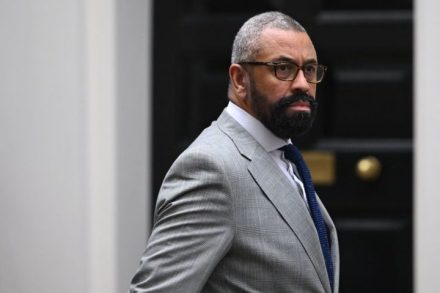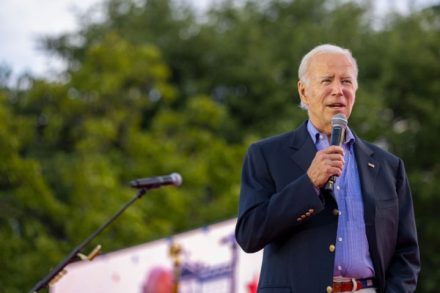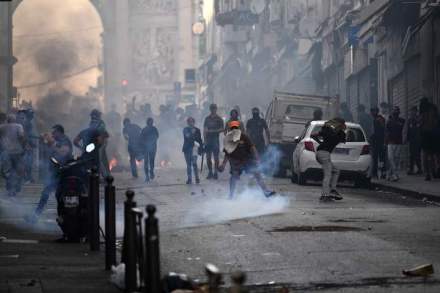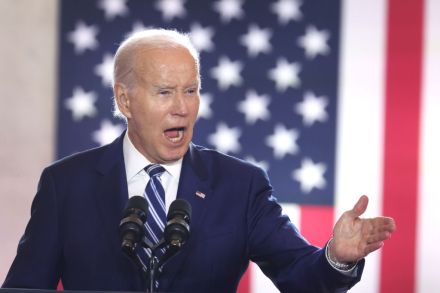Why won’t James Cleverly stand up to Iran?
The Foreign Office is making a big mistake in failing to designate Iran’s Islamic Revolutionary Guards (IRGC) as a terrorist group. The 100,000 strong organisation, the most powerful wing of Iran’s security apparatus, was established after the 1979 Islamic revolution. For decades it has been at the heart of Iranian support for global terrorism on foreign soil, including the UK and Europe. It also arms and supports militant groups across the Middle East. By any rational measure the group meets all the criteria for a ban under the 2000 Terrorism Act. Yet the Foreign Office continues to avoid the necessary step of proscribing the revolutionary guards, despite fresh evidence from





















